History, a distillation of rumour
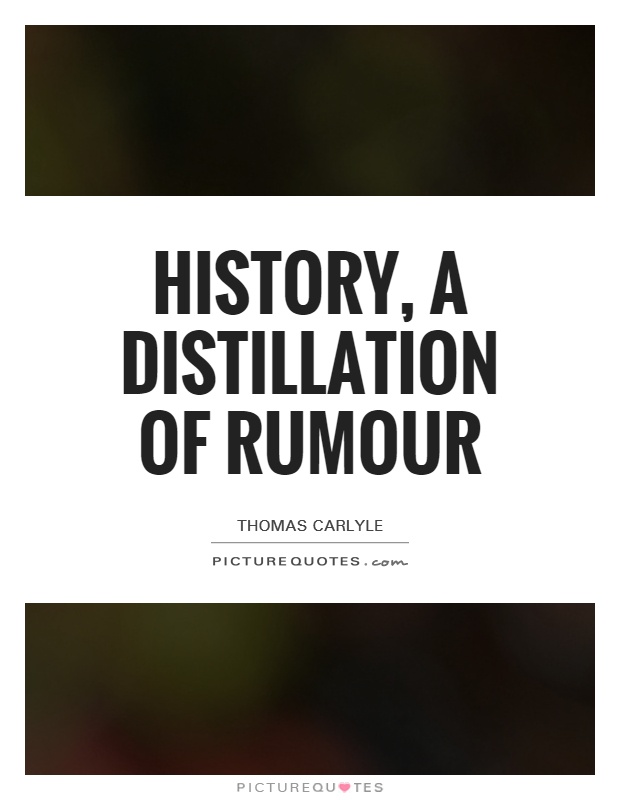
History, a distillation of rumour
Thomas Carlyle, a Scottish philosopher, writer, and historian, once famously said that "History is a distillation of rumour." This statement encapsulates Carlyle's belief that history is not a straightforward account of facts and events, but rather a complex and often distorted narrative shaped by the biases and perspectives of those who record it.Carlyle's view of history as a distillation of rumour can be understood in several ways. Firstly, he believed that history is not a fixed and objective record of past events, but rather a subjective interpretation of those events. Just as rumour can be distorted and embellished as it is passed from person to person, so too can historical accounts be shaped by the biases, agendas, and perspectives of those who write them.
Carlyle also believed that history is not just a record of events, but a reflection of the values, beliefs, and attitudes of the society in which it is written. Just as rumour can be influenced by the cultural context in which it circulates, so too can history be shaped by the prevailing ideologies and worldviews of the time.
Furthermore, Carlyle's view of history as a distillation of rumour suggests that the truth of the past is often elusive and difficult to discern. Just as rumour can be a mixture of fact and fiction, so too can historical accounts be a blend of truth and myth. Carlyle believed that it is the task of the historian to sift through the rumours and distortions of the past in order to uncover the underlying truths.

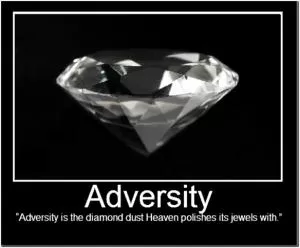


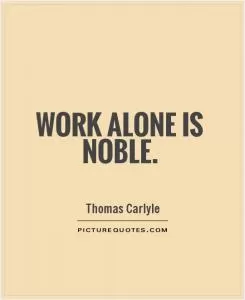

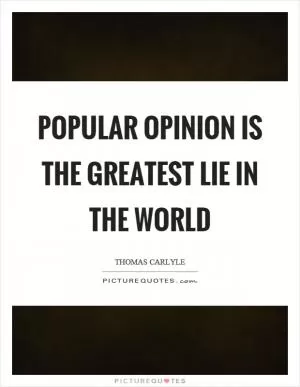
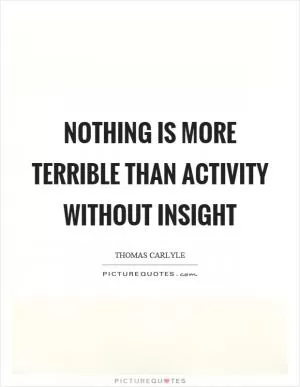
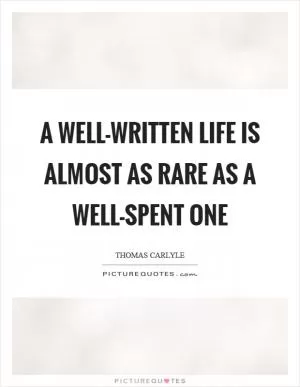
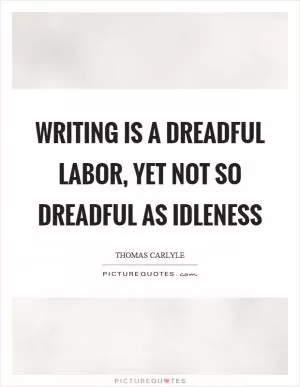


 Friendship Quotes
Friendship Quotes Love Quotes
Love Quotes Life Quotes
Life Quotes Funny Quotes
Funny Quotes Motivational Quotes
Motivational Quotes Inspirational Quotes
Inspirational Quotes